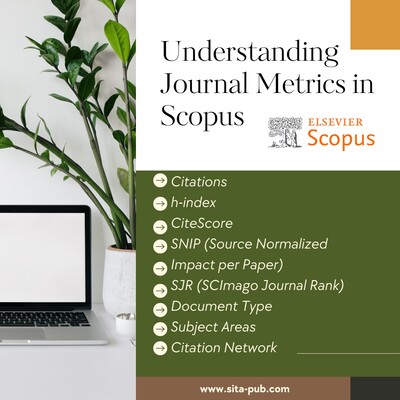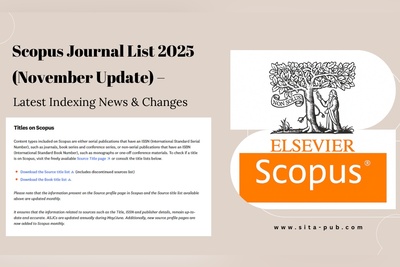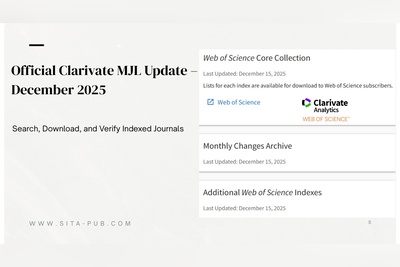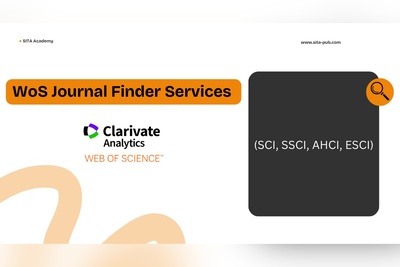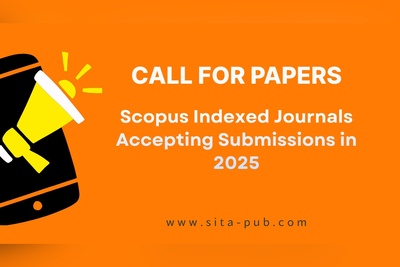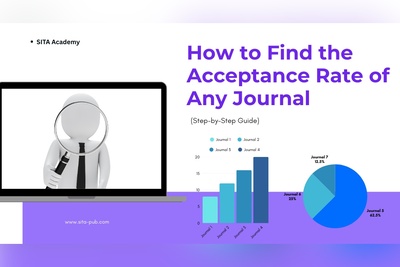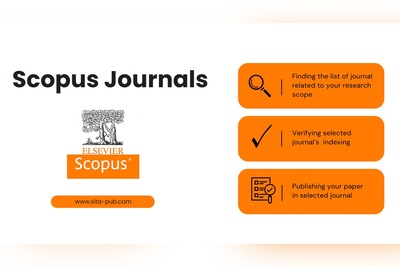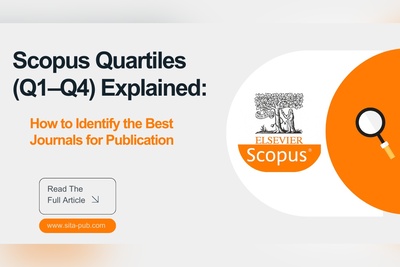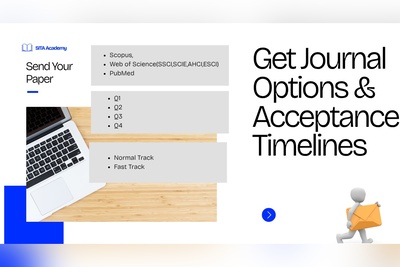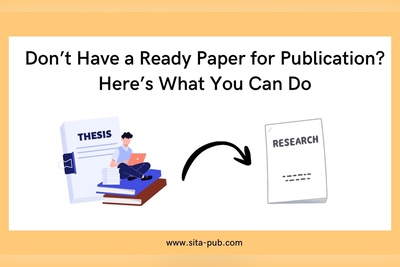Scopus Publishing Strategies for Bulgarian PhD Graduates
Discover practical strategies for Bulgarian PhD graduates to publish in Scopus journals. Learn about journal selection, manuscript preparation, submission tips, timelines, and university requirements.
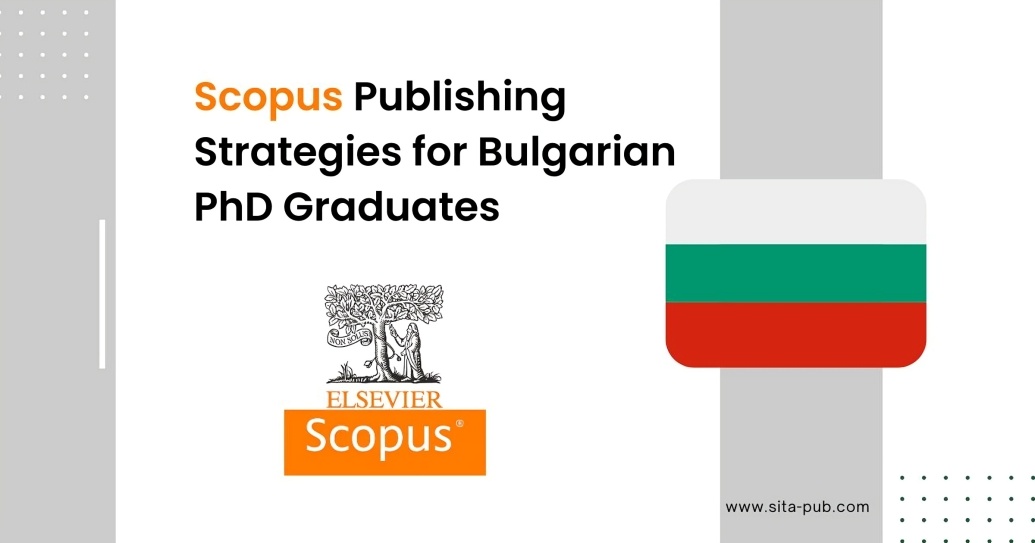
Pursuing a PhD in Bulgaria is a rigorous academic journey. Bulgarian universities, both public and private, have been steadily improving research quality and international recognition over the past decades. PhD candidates often face a dual challenge: completing high-quality research and ensuring it gains global visibility.
For many Bulgarian PhD graduates, publishing in international journals is not only a personal achievement but also a requirement for career progression. Publications serve as evidence of research quality, open doors to postdoctoral opportunities, and fulfill university or funding mandates. While there are multiple indexing options, Scopus-indexed journals are increasingly preferred for their credibility, high visibility, and measurable impact.
Why PhD Graduates Want to Publish in Scopus Journals
Several factors drive Bulgarian PhD graduates to prioritize Scopus publications:
University and Funding Requirements
Many Bulgarian universities require at least one or two publications in Scopus-indexed journals to defend a dissertation.
National funding agencies or scholarships often stipulate publications in reputable databases.
Academic Reputation and Career Advancement
Publishing in Scopus journals enhances a researcher’s academic profile.
It improves chances of securing postdoctoral positions, research grants, or academic promotions.
Global Visibility
Scopus provides international exposure to your research.
Indexed publications are more likely to be cited, increasing the impact of your work.
Structured Evaluation Metrics
Scopus journals have measurable indicators like CiteScore, SJR, and SNIP, which allow researchers to showcase the quality and influence of their publications.

Related Article
Scopus Publication Requirements for Bulgarian PhD Graduates
In Bulgaria, publishing in Scopus-indexed journals is often not optional — it is a key requirement for graduation. Bulgarian national law and university regulations tie doctoral defenses to points earned through peer-reviewed publications.
National Guidelines
According to the Law on Academic Staff Development, PhD candidates must earn points for scientific output, with publications in internationally indexed journals (Scopus or Web of Science) contributing significantly. Typically:
Minimum required publications: 2–3 articles in peer-reviewed journals.
Top-tier journals: At least 1 publication should be in a Q1 or Q2 journal for higher points and recognition.
Timing: Publications must generally appear before the PhD defense.
University-Specific Requirements
University | Requirement | Notes |
Sofia University | 2 publications, at least 1 in a Q1/Q2 journal | Peer-reviewed and submitted before defense; faculty-specific variations exist |
Medical University – Varna | 2 publications, at least 1 in Scopus/WoS | Follows national “Group G” points system for PhD completion |
Medical University – Pleven | 3 articles in refereed journals indexed in Scopus/WoS | Required for science fields; must be included in defense package |
Plovdiv University | Typically 2–3 peer-reviewed articles in indexed journals | Follows national guidelines, faculty-dependent |
Key takeaway: Scopus-indexed publications are universally expected across Bulgarian universities. Publishing in Q1 or Q2 journals not only increases the chance of meeting graduation requirements but also strengthens the academic profile of the PhD candidate.
Why This Matters
Meeting these publication requirements early in the PhD journey is crucial for:
Ensuring timely graduation.
Increasing visibility and citations of research.
Positioning candidates for postdoctoral positions or academic promotions.
Scopus Publishing Strategies for First-Time Researchers
Publishing for the first time can be overwhelming, but a structured strategy increases the chances of acceptance. Here are practical steps tailored for Bulgarian PhD graduates:
Stage 1: Choosing the Right Journal
Choosing the correct journal is crucial. A mismatch is one of the leading causes of rejection. For first-time researchers:
Check Indexing: Make sure the journal is listed in Scopus.
Consider Quartile (Q1–Q4): Q1 and Q2 journals are more competitive but offer higher impact. Q3 and Q4 journals are easier for first publications but may offer less visibility.
Scope and Audience: Ensure the journal’s aims and scope match your research topic.
Journal Selection Table:
Scenario | Choose… | Why |
Your research is highly innovative and aligns with a competitive field | Q1 or Q2 journal | High impact, international recognition |
You want faster acceptance and less competition | Q3 or Q4 journal | Easier review process, good for first-time publication |
Your study is interdisciplinary | Journals covering multiple fields | Broader readership, higher citation potential |
Budget is limited (APC fees) | Journals with lower or no publication fees | Cost-effective for early-career researchers |
Stage 2: Preparing Your Manuscript
Preparation is critical. Journals reject manuscripts for formatting, language, or structural issues. Strategies include:
Follow Author Guidelines Carefully
Check formatting, citation style (APA, MLA, Vancouver), and word limits.
Language Quality
Use professional English editing if necessary.
PhD graduates may consider translation services if the paper is written in Bulgarian.
Structure and Clarity
Follow IMRAD (Introduction, Methods, Results, and Discussion) for most scientific journals.
Include a clear abstract and relevant keywords.
Ethical Compliance
Include ethical approvals for studies involving human/animal subjects.
Declare funding sources and conflicts of interest.
Stage 3: Submission Strategy
Submitting correctly ensures the paper enters the peer-review process smoothly.
Cover Letter: Briefly explain the significance of your research and why it fits the journal.
Supplementary Documents: Include tables, figures, and supporting data.
Online Submission: Follow the journal’s submission portal instructions precisely.
Track Communication: Maintain polite correspondence with editors, respond to queries promptly.
Submission Tips Table:
Issue | Strategy |
Unsure if paper fits | Contact editor or use pre-submission inquiry |
Multiple co-authors | Confirm author order and contributions |
Tight deadlines | Select journals offering “fast-track” or online-first publication options |
Concern about rejection | Consider simultaneous backup journals (check journal policies) |
Stage 4: Handling Peer Review and Revisions
Respond Carefully: Address reviewer comments point by point.
Stay Professional: Avoid defensive language; be precise and factual.
Track Changes: Highlight changes clearly for the editor.
Revision Timeline: Respond within the timeframe requested by the journal.
Stage 5: Post-Acceptance Steps
After acceptance, ensure proper handling of:
Proofreading and Formatting: Check for minor typos in galley proofs.
Open Access Options: Decide if you want your article freely accessible (may require APC fees).
Indexing Confirmation: Ensure your article is correctly listed in Scopus after publication.
Practical Tips for First-Time Bulgarian Authors
Start Early: Choose journals while drafting your manuscript.
Seek Mentorship: Discuss with your PhD supervisor or senior colleagues.
Use Translation/Editing Services: If needed, professional services improve acceptance chances.
Plan for Fees: APCs can range from $300 to $3000 depending on journal and access type.
Keep Backup Journals: Have a list of alternative journals in case of rejection.
Conclusion
Publishing in Scopus journals is a key milestone for Bulgarian PhD graduates. By carefully selecting the journal, preparing a high-quality manuscript, following submission protocols, and responding professionally to reviews, first-time researchers can successfully enter the world of international academic publishing.
With practical strategies, planning, and persistence, your first publication can serve as a stepping stone toward a thriving academic career.
Scopus Publication Assistance at SITA Academy
SITA Academy’s publication services are designed to support researchers and PhD graduates in successfully publishing their work in Scopus-indexed journals. With extensive experience and a proven track record, the Academy offers comprehensive assistance across all stages of the publication process — from journal selection and manuscript preparation to submission guidance and post-acceptance support.
Working with scholars and universities internationally, SITA Academy ensures that each manuscript meets the technical, linguistic, and ethical standards required by leading academic publishers. Its expertise spans a wide range of disciplines, helping first-time and experienced researchers alike navigate the complexities of academic publishing with confidence and precision.
